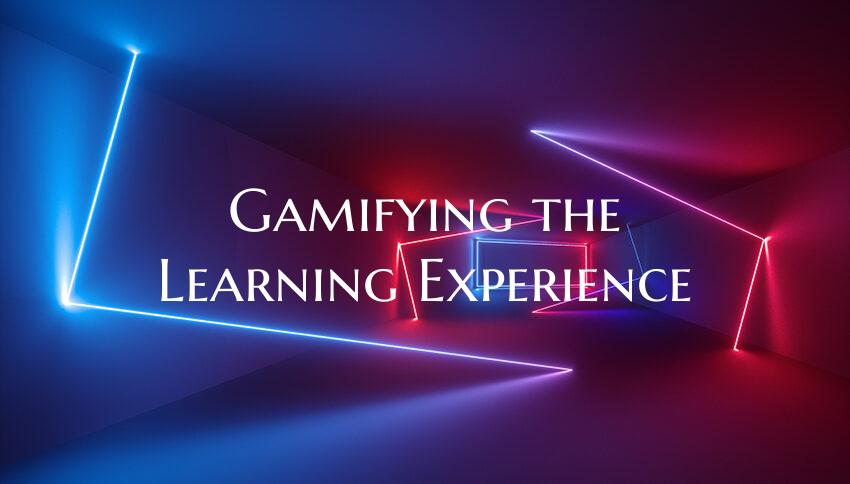Gamifying the Learning Experience
In recent years, the concept of gamifying the learning experience has gained significant popularity as a novel approach to engage and motivate learners across various age groups. By integrating game elements into educational content, educators have discovered that they can create a more immersive, interactive, and enjoyable learning environment that enhances retention and knowledge acquisition. This innovative strategy taps into the intrinsic human affinity for competition, challenge, and reward, transforming the traditional educational process into a fun and rewarding journey.
One of the key benefits of gamifying the learning experience is increased engagement. By adding game elements such as points, levels, badges, and leaderboards, educators can create a sense of accomplishment and progress for learners. This motivates students to actively participate in their learning, setting goals and working towards achieving them in a dynamic and personalized way. Additionally, the immediate feedback provided by game mechanisms allows learners to track their progress and make quick adjustments, fostering a sense of continuous improvement.
Moreover, gamification encourages collaboration among learners by incorporating social elements into the learning process. Through multiplayer games, cooperative challenges, or interactive discussions, students can work together to solve problems, share ideas, and learn from each other. This not only cultivates a sense of community and camaraderie but also prepares students for real-world situations that require teamwork and communication skills.
Another advantage of gamified learning is its ability to cater to diverse learning styles and preferences. By offering a variety of game formats, ranging from quizzes and puzzles to simulations and role-playing scenarios, educators can accommodate different ways of processing information and engaging with content. This customization facilitates personalized learning experiences that resonate with individual learners, making education more inclusive and accessible to a wider audience.
In conclusion, gamifying the learning experience presents a unique opportunity to revolutionize traditional teaching methods and inspire a new generation of motivated and enthusiastic learners. By harnessing the power of game design principles, educators can create dynamic and interactive educational environments that captivate students' interest, foster collaboration, and promote lifelong learning. As we continue to explore the potential of gamification in education, it is evident that the future of learning lies in merging entertainment with academia to create a truly transformative and engaging educational experience.

